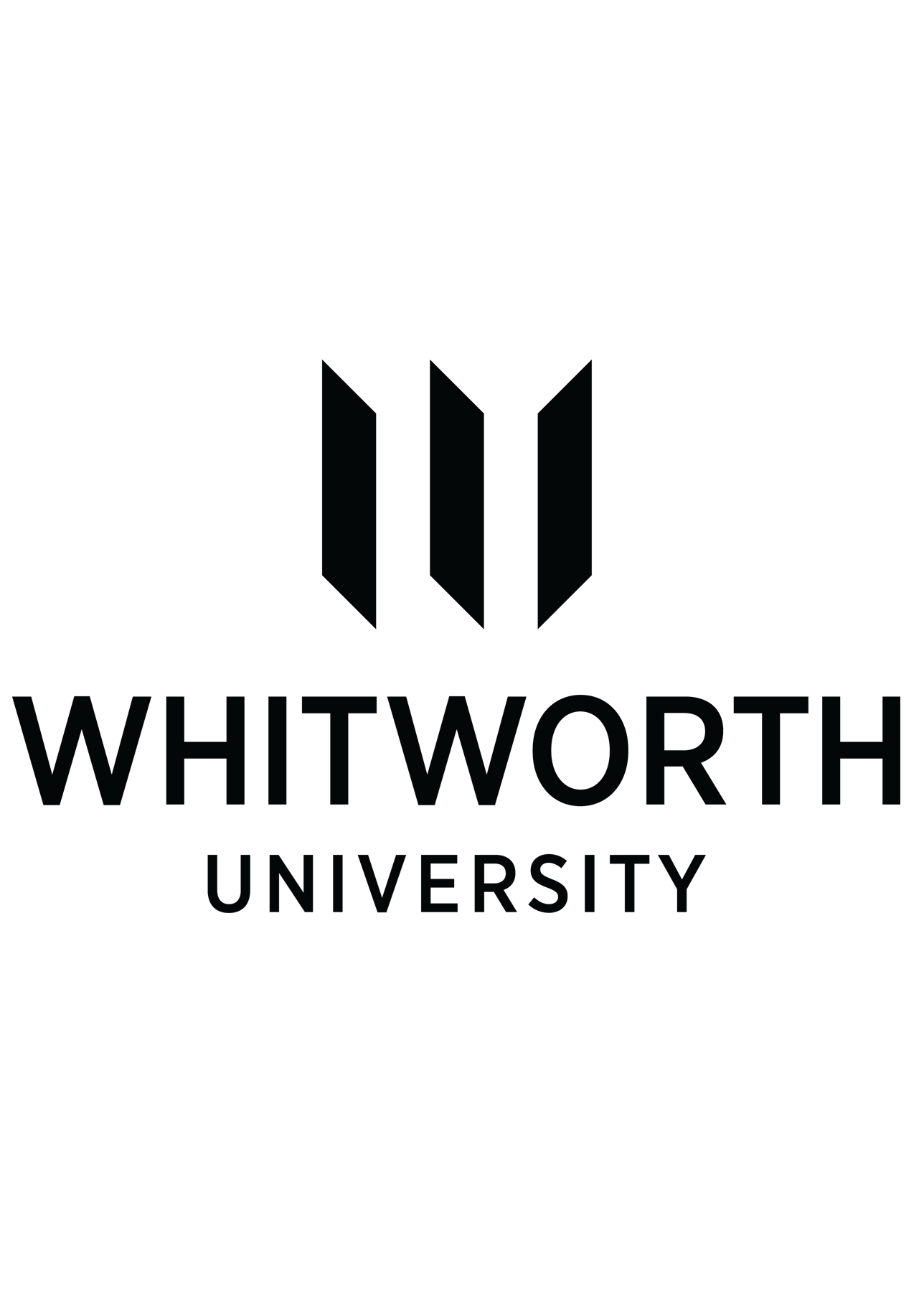A master’s in gifted and talented education equips students with the specialized knowledge and skills needed to support the needs of intellectually gifted and talented students. Graduates are prepared for roles such as gifted education teacher, program coordinator, curriculum specialist, or educational consultant. According to the Bureau of Labor Statistics, high school teachers earn an average salary of $65,220 per year, and they may earn more based on their level of experience and areas of specialization.
Generally, master’s degree programs can be completed in one to two years, depending on factors such as full-time or part-time enrollment and prior coursework. Cost varies based on the type of institution attended, residency status, and program features, but the National Center for Education Statistics reports an average expense for tuition and fees of $12,000 to $30,000.
How to Choose a Master’s in Gifted and Talented Education Degree Program
Choose your area of study
Consider your passion for working with gifted learners and your desired role, such as classroom teacher, curriculum developer, or program coordinator. Research various specializations within gifted education, which may include areas such as talent development, curriculum differentiation, or identification and assessment techniques. Evaluate each specialization’s job market demand, salary prospects, and alignment with your personal strengths and interests.
Research schools and programs
Begin by compiling a list of accredited institutions offering the program and evaluate factors such as the program’s reputation, the reputation and scholarship of faculty, and available resources. Explore each school’s website to gather information on curriculum, specialization options, and program outcomes. Utilize review websites, educational publications, and alumni networks to gain insights into the student experience and program quality. Reach out to admissions offices or program coordinators when necessary to ask specific questions and request additional information.
Prepare for tests and applications
Familiarize yourself with program-specific admission requirements, including standardized tests like the GRE. Dedicate time to study for these exams using study guides, practice tests, and online resources. If necessary, hire a tutor to work with you to hone your test-taking skills. Gather any necessary documents such as transcripts, letters of recommendation, or a personal statement highlighting your passion for gifted education. Pay attention to application deadlines and submit all materials as early as possible. Seek feedback on application materials from mentors or advisors to ensure they effectively showcase qualifications.
Select your program
After narrowing your search down to the most likely-looking programs, make sure you have considered factors such as program accreditation, specialization options, and faculty expertise in gifted education. Evaluate each program’s curriculum, internship opportunities, and resources like research centers or outreach programs. Reflect on your career goals and preferred roles within the field. Additionally, consider logistical factors like program location, format (online or on-campus), and cost. Choose a program that aligns with your goals and offers resources and support for success in gifted education.
Determine how you’ll pay for your degree
Complete the Free Application for Federal Student Aid (FAFSA) to determine eligibility for federal student loans, grants, and work-study programs. Research scholarships, fellowships, and assistantships offered by the school or external organizations, such as professional groups. Explore tuition reimbursement programs through your employer or government agencies. Consider part-time work or internships in the field to gain experience and offset costs. Create a budget to manage your expenses while a student and prioritize financial aid options that minimize student debt.
Best 5 Accredited Master's in Gifted And Talented Education Degree Programs
Institution Type
Status
- Intelligent Score
- Alphabetically By University Name
- Acceptance Rate
- Enrollment
- In-state Graduate Tuition
- Out-of-state Graduate Tuition
- In-state Undergraduate Tuition
- Out-of-state Undergraduate Tuition

University of Northern Colorado
Intelligent Score: 96.18In-state: $7,596
Out-of-state: $19,854
In-state: $10,867
Out-of-state: $10,867
SAT: 980-1200
ACT: 19-26
$618
On-Campus, Online
Council for the Accreditation of Educator Preparation
33

Lamar University
Intelligent Score: 95.41In-state: $6,129
Out-of-state: $15,945
In-state: $6,397
Out-of-state: $6,397
SAT: 943-1140
ACT: 17-23
Resident: $359
Non-Resident: $769
On-Campus, Online
Southern Association of Colleges and Schools Commission on Colleges
36

Teachers College at Columbia University
Intelligent Score: 94.02In-state: $57,864
Out-of-state: $57,864
In-state: $49,024
Out-of-state: $49,024
SAT: 1460-1570
ACT: 33-35
$1,970 - $2,029
On-Campus
Middle States Commission on Higher Education
52

Whitworth University
Intelligent Score: 92.65In-state: $45,050
Out-of-state: $45,050
In-state: $12,312
Out-of-state: $12,312
SAT: 1050-1270
ACT: 21-28
$665
On-Campus, Online
Northwest Commission on Colleges and Universities
34

Eastern Kentucky University
Intelligent Score: 90.33In-state: $9,266
Out-of-state: $19,338
In-state: $9,900
Out-of-state: $9,900
SAT: 950-1170
ACT: 19-25
$411
On-Campus
Council for the Accreditation of Educator Preparation
42
How we rank schools
This list focuses on graduate programs leading to a Master of Arts, Master of Science, or Master of Education in gifted and talented education. The name of the program changes from school to school, but the goal of each program is similar: preparing teachers and administrators to work effectively with students who are academically gifted.
Since educational certification occurs at the state level in the U.S., the certification options offered by our chosen programs differ from one another, depending on where the school is located. Many states offer an endorsement or add-on certification for working with gifted and talented students that can be amended to the graduate student’s teaching certification upon completing the program.
We evaluated each program on the basis of flexibility, faculty, course strength, cost, and reputation. Then, we calculated the Intelligent Score for each program on a scale from 0 to 100. For a more extensive explanation, check out our ranking methodology.
What Can You Expect From a Master’s in Gifted and Talented Education Degree Program?
A master’s in gifted and talented education program offers a comprehensive education in understanding and meeting the needs of intellectually gifted and talented students. Students can expect to learn about identification and assessment techniques, curriculum development and differentiation strategies, the social-emotional needs of gifted learners, and advocacy and leadership in gifted education.
The program typically takes full-time students one to two years to complete. Many programs will require students to complete practicum experiences, student teaching, or internships in gifted education settings to gain practical skills and real-world experience. Prospective students should also be prepared for coursework that challenges traditional teaching methods and encourages innovative approaches to supporting gifted learners. Additionally, you may have the opportunity to specialize in areas such as talent development, twice-exceptional learners, or culturally diverse gifted populations.
Potential courses you’ll take in a master’s in gifted and talented education degree program
- Identification and Assessment of Gifted Learners. Covers various methods and tools used to identify and assess gifted and talented students, including standardized testing, observational techniques, and portfolio assessment. Students learn to recognize the characteristics of giftedness and how to advocate for appropriate educational services for gifted learners.
- Curriculum Development and Differentiation for Gifted Education. Explores strategies for designing and adapting curriculum to meet the unique needs of gifted and talented students. Students learn to create challenging and enriching learning experiences that align with gifted learners’ strengths, interests, and readiness levels.
- Social-Emotional Needs of Gifted Learners. Examines the social and emotional development of gifted and talented students, including topics such as perfectionism, underachievement, and asynchronous development. Students learn to recognize and address the social and emotional challenges faced by gifted learners.
- Advocacy and Leadership in Gifted Education. Focuses on advocacy efforts and leadership roles within the field of gifted education. Students learn about policy issues, legal mandates, and best practices for advocating for gifted learners and promoting equitable access to gifted education programs and services.
- Special Populations in Gifted Education. Explores the needs of special populations within gifted education, including twice-exceptional learners, culturally diverse gifted students, and gifted students from low-income backgrounds. Students learn about effective instructional strategies and support services for meeting the diverse needs of gifted learners.
Master’s in Gifted and Talented Education Degree Frequently Asked Questions
How do I apply to a master's in gifted and talented education degree program?
Begin by reviewing specific admission requirements for your chosen program. Typically, you will need to submit an online application, official transcripts from previous academic institutions, letters of recommendation, and a statement of purpose outlining your interest in gifted education. Some programs may require GRE scores or proof of relevant work experience. It’s important to discuss program-specific requirements with an admissions counselor before applying to ensure all criteria are met. Admissions counselors can provide valuable guidance and support throughout the application process, helping you present your qualifications effectively and increase your chances of admission.
How much does a master's in gifted and talented education degree cost?
The cost of a master’s degree varies based on factors such as institution, program format, and location. Generally, private institutions are more costly than public and land grant colleges and universities, but scholarships and financial aid can help to reduce the cost. On average, tuition ranges from $12,000 to $30,000, as reported by the National Center for Education Statistics. Students will also need to budget for additional expenses such as textbooks, technology fees, and possibly residency or internship requirements. Online programs may offer flexibility but can have similar tuition costs along with potential technology or online learning platform fees.
How long does it take to earn a master's in gifted and talented education degree?
The duration of a master’s in gifted and talented education varies based on factors such as program format and enrollment status. Typically, full-time students complete the program in one to two years. Part-time students may take as long as four or five years to complete their degree. Online programs may offer flexibility, especially those that feature asynchronous courses. Some online programs may offer accelerated options, as well. The total number of required credits also impacts program length. Prospective students should consider their personal and professional commitments, career goals, and program requirements when choosing between full-time or part-time enrollment.
